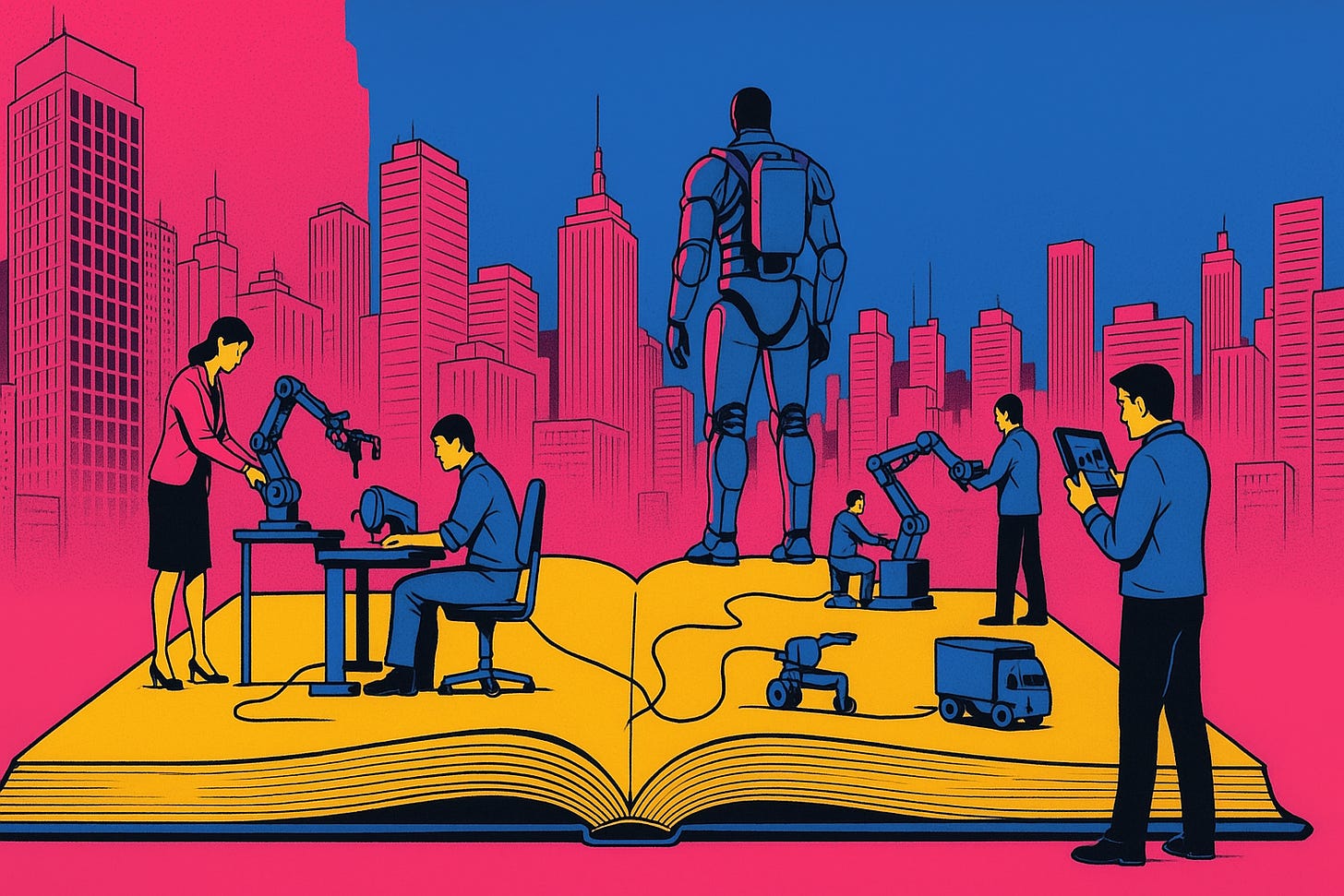Cheating Isn’t Cheating Anymore
Old rules. New tools. It’s time we stopped punishing adaptation and started redesigning the damn game.
Cheating used to be simple.
A peek at a neighbor's paper. A crib sheet tucked in a sock.
Historically, 'cheating' comes from Old English "cheten," meaning to deceive or defraud. It's built into the DNA of competitive structures: if there's a game, there’s a hustle. Entire philosophies, from Kantian ethics to virtue theory, draw clear lines: cheating violates trust, fairness, and autonomy. It’s bad. Period.
But the human world isn't static. Rules, ethics, norms — all social constructs that shift, stretch, or snap when technology muscles in.
Today, cheating wears a suit, has VC funding, and a slick homepage (hello, Cluely). It's no longer the kid whispering answers; it's baked into the system, an option menu at the click of a button. AI hasn't blurred the line — it's bulldozed it. As Ethan Mollick wisely notes, technology doesn't instantly change society; it seeps into the cracks of old systems until they crumble.
We are now entering an era where the very definition of effort, authenticity, and honesty is up for grabs. Using a tool to "get ahead" isn't an ethical lapse — it's survival instinct. The offense isn't using AI to help; it's pretending you didn't.
The truth? Cheating, as we knew it, is dead. We don't need stricter punishments. We need a reengineered social contract — one that demands transparency, embraces augmentation, and redefines what it means to be "good" at anything.
New world, new rules. The game has changed. Pretending otherwise? Now that would be cheating.


